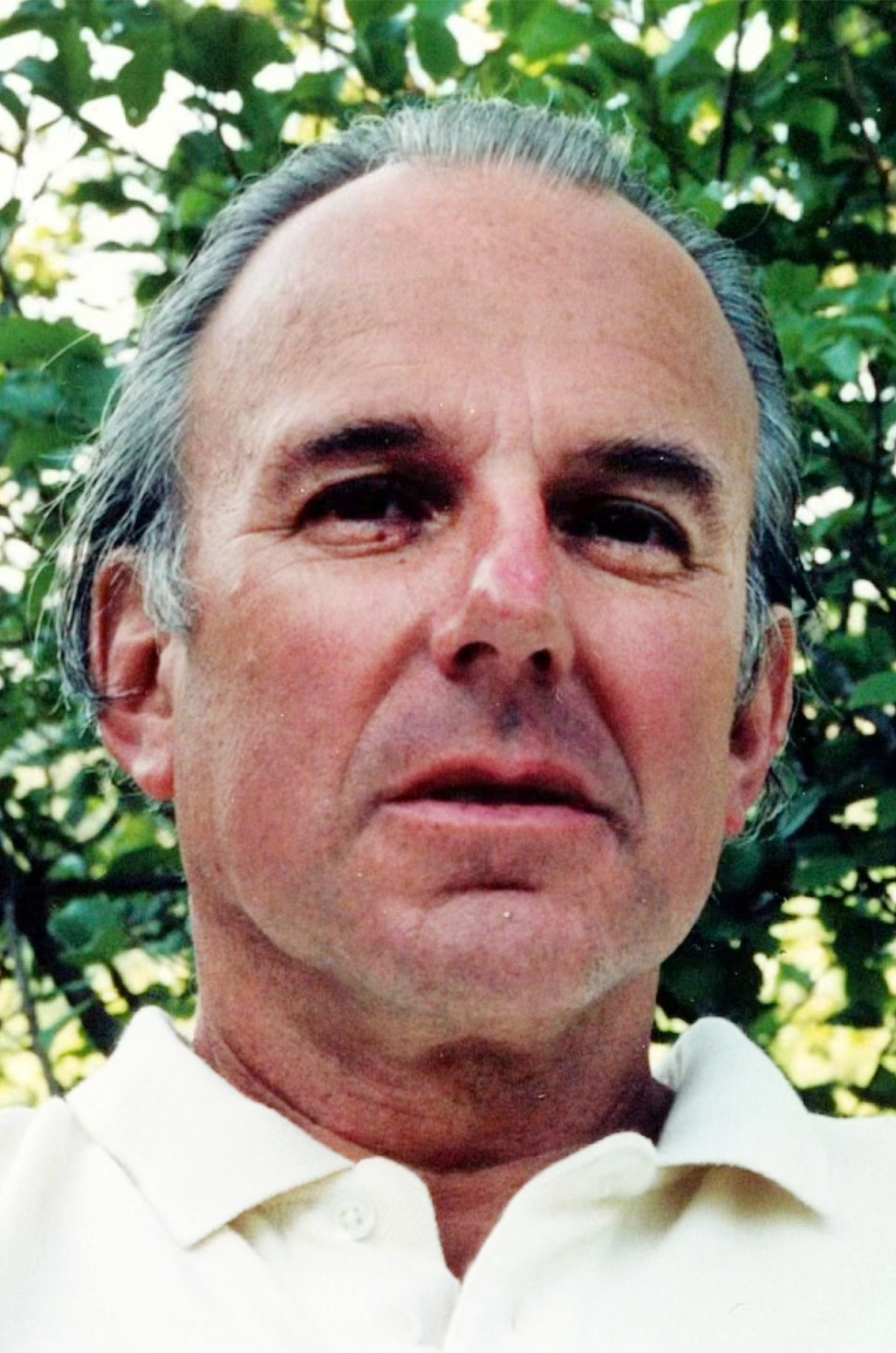Thomas Ball Bracken died at home in Boston on Sept. 5, after a short battle with cancer. He was 88.
Tom was born in Muncie, Ind. in 1936, the second of five children. As a child, he was known for recruiting relatives and neighbors to assist him in magic shows and theatrical performances. He attended Burris High School and spent summers with his family in the Indiana Woods of Leland, Mich.
In 1958, he graduated with distinction from Carleton College in Northfield, Minn., where he majored in government and was president of his junior class. He went directly to Yale Law School, where he edited the Law Journal. On summer break, he fought forest fires in Alaska.
In the 1960s, he lived in San Francisco, where he enlisted in the Coast Guard and served on a rescue boat, joined the corporate law firm McCutchen, Doyle, Brown & Enerson and met and married Hilary Meckiff.
The two moved to Washington, D.C., where he worked in the Office of General Counsel at the Agency for International Development, before joining the firm Mudge Rose Guthrie & Alexander, in D.C. and then New York City.
In 1971, shortly after President Nixon created the Environmental Protection Agency, he assumed the post of EPA regional general counsel for New England. In that role, he delivered speeches on the importance of measures to reduce water and air pollution, despite concerns about short-term economic costs.
In 1974, he left the EPA and started Bracken and Baram, an environmental law firm in Boston.
Over the next four decades, he would work on many important cases, largely related to preserving wetlands and curbing air and water pollution. In one of the higher profile cases, he represented the Sierra Club in its suit to reduce air pollution in lower income neighborhoods where proposed Big Dig project tunnels would be vented.
He represented Town of Brookline residents to force Harvard University to add pollution controls to a proposed power plant, which did not stop Harvard’s School of Public Health from inviting him to be a visiting lecturer on “community air pollution” for several years in the 1980s.
In other longer-term work, he represented the Harvard Square Defense Fund in efforts to protect the neighborhood’s historical character. As counsel for the Town of Chilmark, he worked to keep development in check. In 1982, a Vineyard Gazette reporter called him “one of the most important town officials in Chilmark’s 286-year history.”
He also held various local leadership roles with the Cambridge Historical Society, Cambridge Conservation Commission, Charles River Watershed Association, Cambridge Committee for the United Way, the Cambridge Club and the Cambridge Tennis Club.
He was an old-fashioned attorney. He spent his days in a creaky-floored, 19th-century office near the Massachusetts State House. He never learned to use a computer, instead writing by hand on legal pads, and, modernizing within limits, dictating emails to his assistant. He was a voracious reader of newspapers and books—legal tomes, historical nonfiction and thrillers.
An avid news consumer and political junkie, he tended to communicate with loved ones by sharing articles and commenting on broadcast reports. Often moved by what he learned about the good deeds of others, he contributed to a wide range of non-profits.
In 1993, he married Judy Bookwalter, a fellow Midwesterner (from Michigan via Vermont) and graduate of MIT’s School of Architecture.
He embraced the outdoors, not just professionally, but in his family time—teaching his children to ski, skate, sail and generally appreciate nature. Tennis was one of his passions.
His childhood love of theatre never left him, and though he became more of a spectator than a performer in that regard, he will be widely remembered for his oratory skills and sense of humor. Professionally, he delivered pointed arguments. Socially, he could be clever and hilarious—and sometimes brutal—as a toastmaster. His trademark was going on at length, usually after some drinks, and seeming to lose the thread, before tying it all together into a perfectly coherent and poignant speech.
In the last decade of his life, dementia took away much of what made him shine, but he never failed to recognize and appreciate those around him. Until cancer took him down in the final months, he maintained an impish sense of humor, sometimes cracking himself up for reasons no one else could know.
With support from home health aides and eventually hospice, Judy cared for him through years of declining health in their home on Beacon Hill, where he died on the evening of Sept. 5.
He was a loving father of three children from his first marriage and a stepfather of two, through his second.
Tom is survived by his wife, Judy Bracken; three children Mark, Jonathan and Amy Bracken; two step-sons Bill and Tom Bookwalter; five grandchildren Graham, Gavin, Phoebe, Madelyn and Sophie Bracken; two step-grandchildren Brent and Eric Bookwalter; as well as his younger brothers, William and Alexander Bracken. He was preceeded in death by his older brother, Frank Bracken and younger sister, Elizabeth Wiese.
In lieu of flowers, memorial donations may be made to the Sierra Club of Massachusetts: https://act.sierraclub.org/donate.


Comments (2)
Comments
Comment policy »